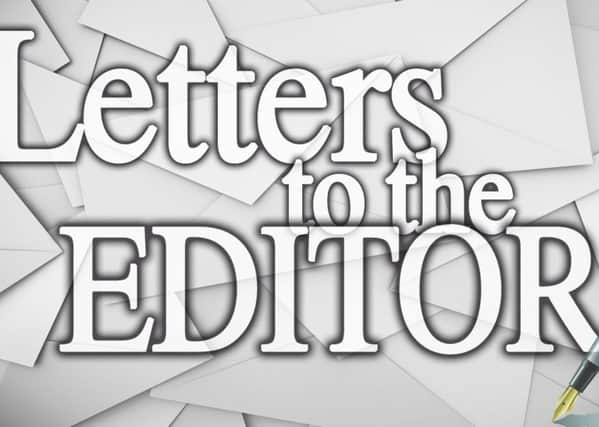UUP has taken leave of its ability to champion unrigged devolved government to NI


“The (Ulster Unionist) party has no reservation in demanding the restoration of power to elected bodies to replace the plethora of non-representative appointees through which the Northern Ireland Office has usurped the power of the people.
“The 556 District Councillors (in Northern Ireland) have responsibility for the expenditure of £155 million and employ 8,988 people yet the 2,219 appointees to the quangos (in the Province) which we have so far been able to trace have responsibility for a colossal £1.5 billion and nearly 89,000 employees. District Councillors (in Northern Ireland) who, like their colleagues in England, Scotland and Wales, are directly responsible to the ratepayer via the ballot-box should be permitted to exercise the same control over their local services.”
Advertisement
Hide AdAdvertisement
Hide AdThis was followed two months later by the publication of a report by the then UUP parliamentary spokesman on local government and South Antrim MP, the late Clifford Forsythe, entitled “Quangopus Government” which identified some 137 quangos in Northern Ireland and reiterated Ulster Unionist demands for administration by elected local representatives not quangos.
Almost a quarter of a century later – and nearly two decades after the signing of the infamous Good Friday Agreement which provided for the restoration of some semblance of devolved government (albeit not of the sort the late Clifford Forsythe and I would prescribe) in Northern Ireland – it would be interesting to know what, if anything, has changed in the intervening years; in particular, whether the number of councillors has fallen or increased (particularly following the recent restructuring of local government in Northern Ireland), the aggregate number of people employed by – and the aggregate expenditure of – local authorities in the Province, and how this compares with the overall number of quangos in Northern Ireland, the aggregate number of quango employees and their expenditure; not least as one suspects that – even post-1998 devolution – the proportion of public expenditure made by quangos, as opposed to elected and accountable local councillors or even MLAs, to be much too high, and that the “democratic deficit” (which was supposed to be addressed by the re-establishment of the Northern Ireland Assembly) remains as acute as ever.
One thing is certain, and that is – through its support for the Good Friday Agreement – the Ulster Unionist Party has long taken leave of its ability to champion the cause of restoring stable unrigged devolved government to Northern Ireland, as Traditional Unionist Voice is today the only party today that is truly committed to sound administrative devolution (without permanent compulsory coalition government) in Northern Ireland.
Christopher Luke, Kent